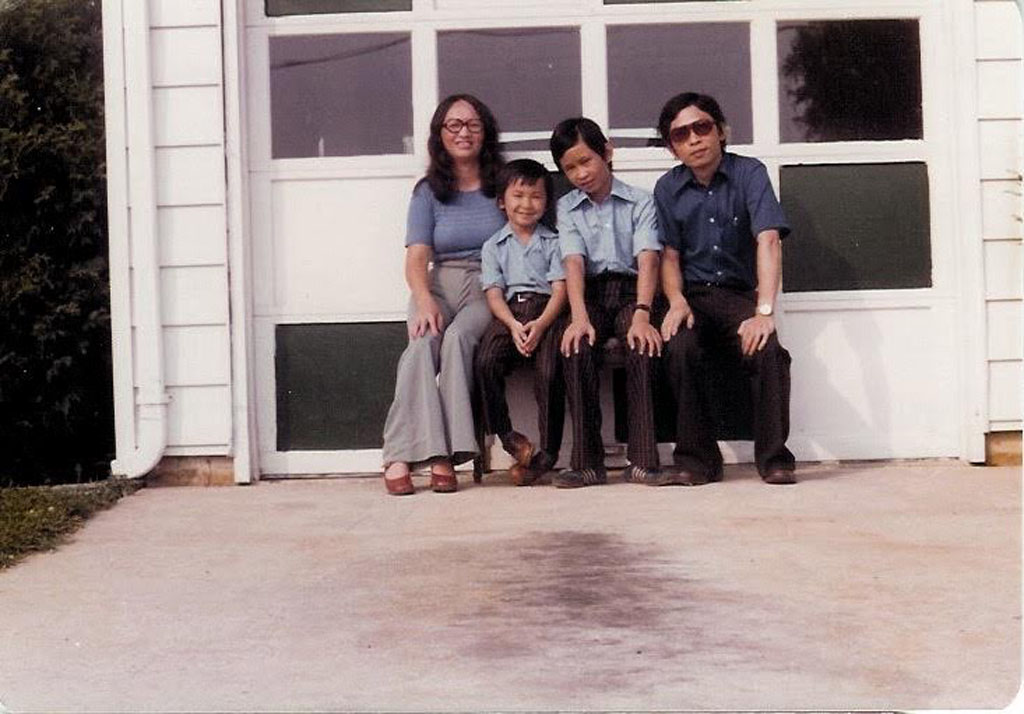In chapter 4 of Body Counts: The Vietnam War and Militarized Refugees, Yen Espiritu explores the dichotomy of the “good refugees” and the “good warriors,” which is crucial to understanding Vietnamese narratives and diaspora in relation to Vietnamese perspectives of the Vietnam war. For example, Espiritu highlights that major news articles during the 2000s, “focused on the rags-to-riches accomplishments and on their ‘fantatical’ anticommunist stance” (Espiritu, 108). This “good refugee” narrative allows the United States to conceal the tragedies and hardships and transform it into this honorable experience, where the United States are publicized as saviors and heroes. The United States is viewed as a nation with the ability to save Vietnamese refugees, provide many opportunities for success, and encourage the pursuit of the American dream, in order to follow the good model minority stereotype.
However, assimilated Vietnamese refugees’ success narratives and economic prosperity belittles the severity of United States militaristic and economic motivations and involvement that pushed this war. Because of dominant narratives of “good refugees,” many of the negative hardships and encounters in the Vietnam war are diminished and forgotten. These stories that are suppressed and hidden from the public demonstrates the power structures of the United States. The nation's power structures in the past also reveal how U.S government is still using power in relation to the current political issues of war. Many narratives are forgotten, but it’s necessary to retell the stories of these Vietnamese refugees and learn about their true experience to avoid conflicts with cultural identity and community crisis in future generations and ensuring history does not repeat itself.
Questions: Are there any solutions to dismantle the Asian model minority stereotype? Are there possible ways to encourage and facilitate discussion about issues and experiences of Vietnamese refugees that are suppressed and forgotten?

Source for image: https://www.nguoi-viet.com/nguoi-viet-english/viet-thanh-nguyen-vietnamese-americans-living-embodiment-contradiction-american-history-character/
Espiritu, Yen Le. Body Counts: The Vietnam War and Militarized Refugees, University of California Press, 2014. ProQuest Ebook Central.
Espiritu, Yen Le. Body Counts: The Vietnam War and Militarized Refugees, University of California Press, 2014. ProQuest Ebook Central.
No comments:
Post a Comment